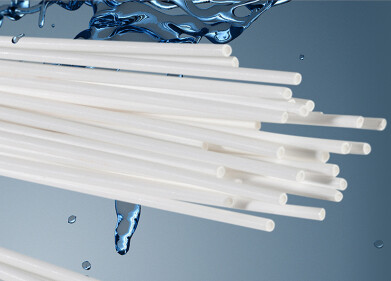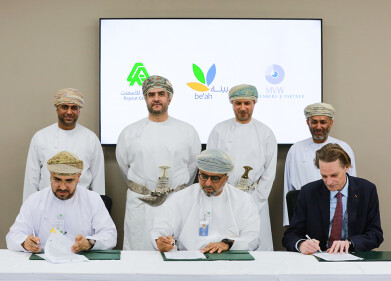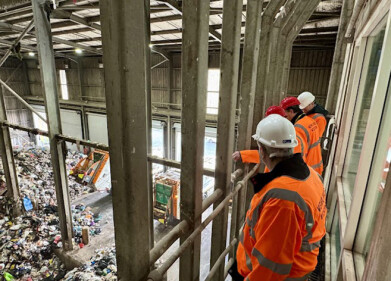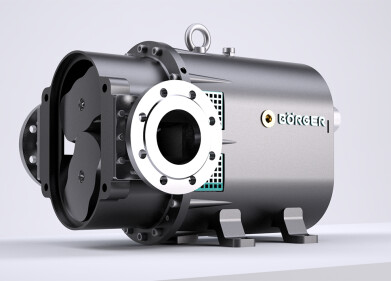Waste management
How Do Disposable Coffee Cups Help Grow Trees?
Apr 28 2016
Single-use coffee cops are hardly synonymous with saving the environment. Indeed, environmental groups have railed against substances such as polystyrene and Styrofoam for decades, pointing to the lack of biodegradability in the material and their profligacy in just being used one time before being discarded.
However, a start-up country from California has attempted to alter the coffee cup’s bad-boy image by creating a new biodegradable vessel which contains tree seeds in its exterior. Once used, the cup can be planted in the ground and provide the world with much-needed vegetation to help absorb rising levels of carbon dioxide (CO2) and ozone (O3).
The Changing Face of Coffee Cups
The much-maligned coffee cup has increasingly been the focus of attention for innovative environmental science over recent years. In 2008, RecycleTech Corporation USA began processing Styrofoam for recycling purposes and within just one year of operation, it had freed up over 1.5 million ft3 of landfill space.
Then in 2013, James Cropper PLC surmounted the challenges posed by plastic disposable coffee cups. In general, such cups are composed of 95% paper and 5% plastic coating. Thanks to the company’s innovation, all 100% of the waste item can now be turned into usable, high-quality paper, rendering the waste of coffee cups as a conceptual thing of the past.
Now, the California-based company Reduce. Reuse. Grow has pioneered their own technique on turning disposable cups into beneficial items by implanting seeds into the outer coating of the vessel.
Reduce. Reuse. Grow
Alex Henige, part of the team at Reduce. Reuse. Grow, says that extensive testing has been done on the seeds to make sure they are not damaged by the heat from the coffee or from the liquid itself. Alex and his team have also thought carefully about which particular seeds should be selected depending on geographical variations, making sure that cups sold in the western United States, for example, will be suitable to the climate there.
“We have such a diverse ecosystem here that we have the ability to test over 1,000 species pretty much all in our backyard with some of the world’s leading soil scientist and eco gurus,” Henige told Bored Panda. “This is where we will work out all the details and be able to then start testing other regions to make the process run smoother.”
The base of the cup contains instructions on how coffee drinkers can plant the cups themselves (a very simple process), or alternatively, they are invited to bring the receptacle back to the store it was purchased so it can be planted there.
“This is a product I stand behind fully and I look forward to seeing where and how it develops within the next couple months!” concluded Alex.
Events
Mar 18 2025 Expo Santa Fe, Mexico
Mar 18 2025 Moscow, Russia
Mar 19 2025 Manila, Philippines
Mar 20 2025 Guangzhou, China
Mar 24 2025 National Harbour, MD, USA














